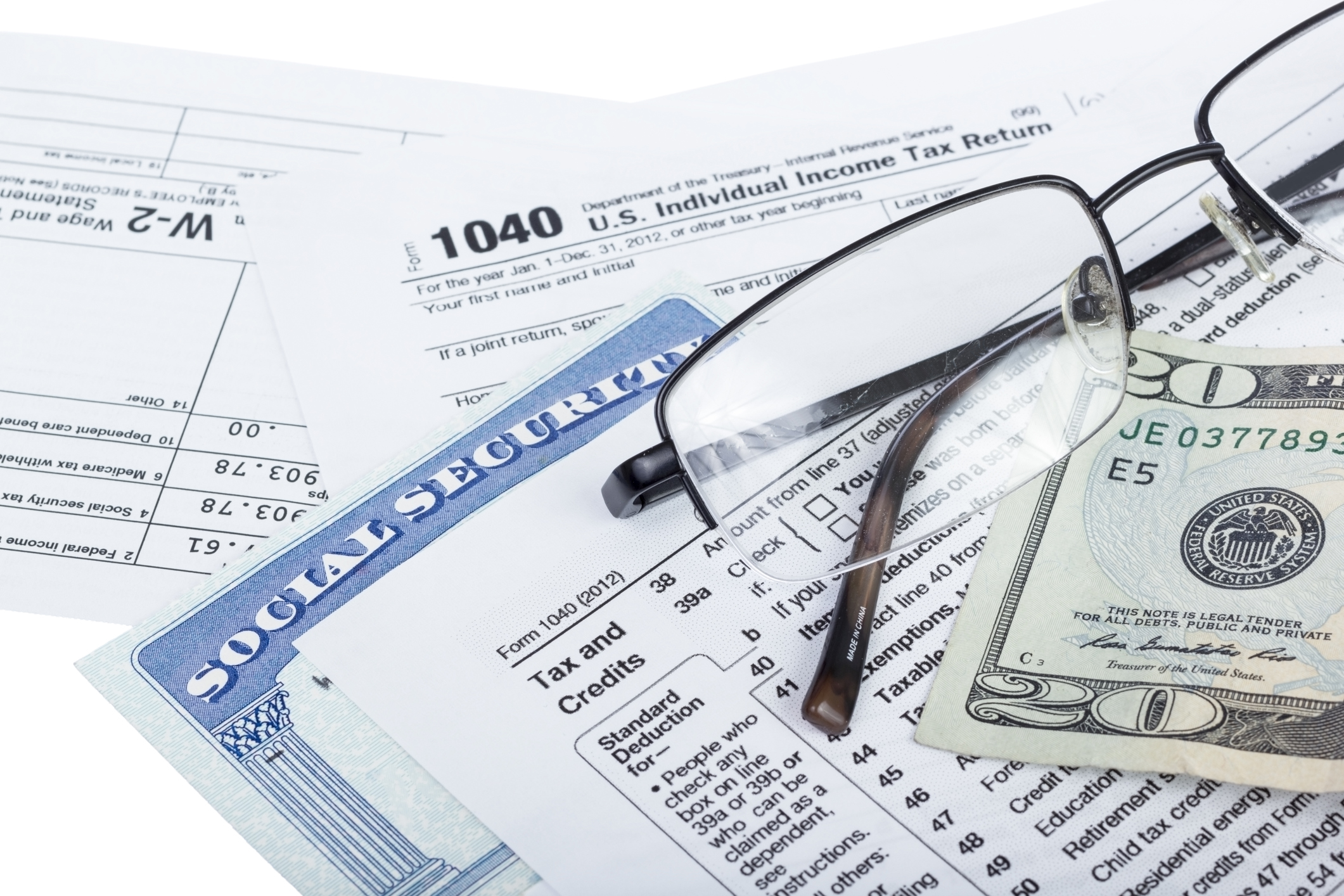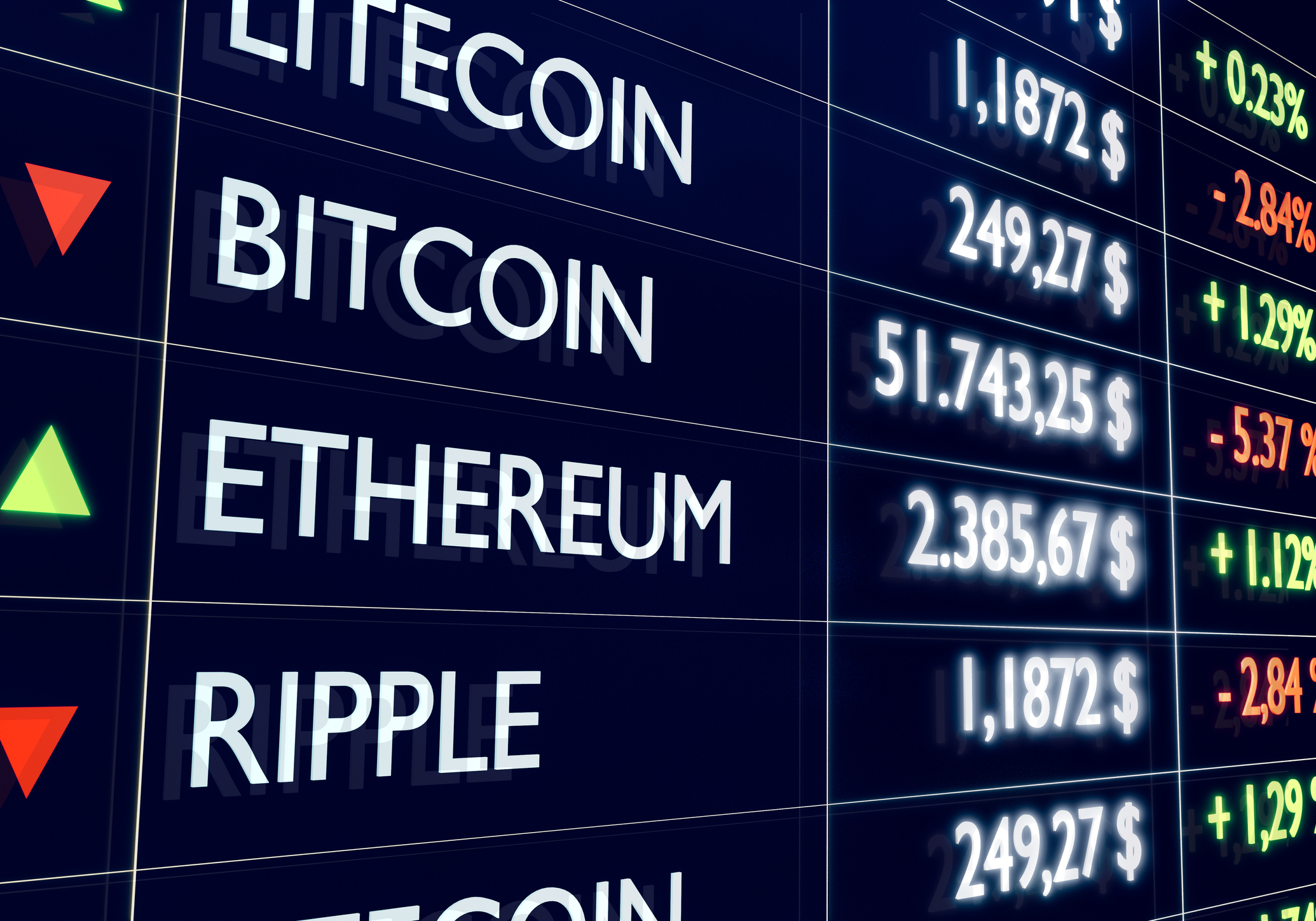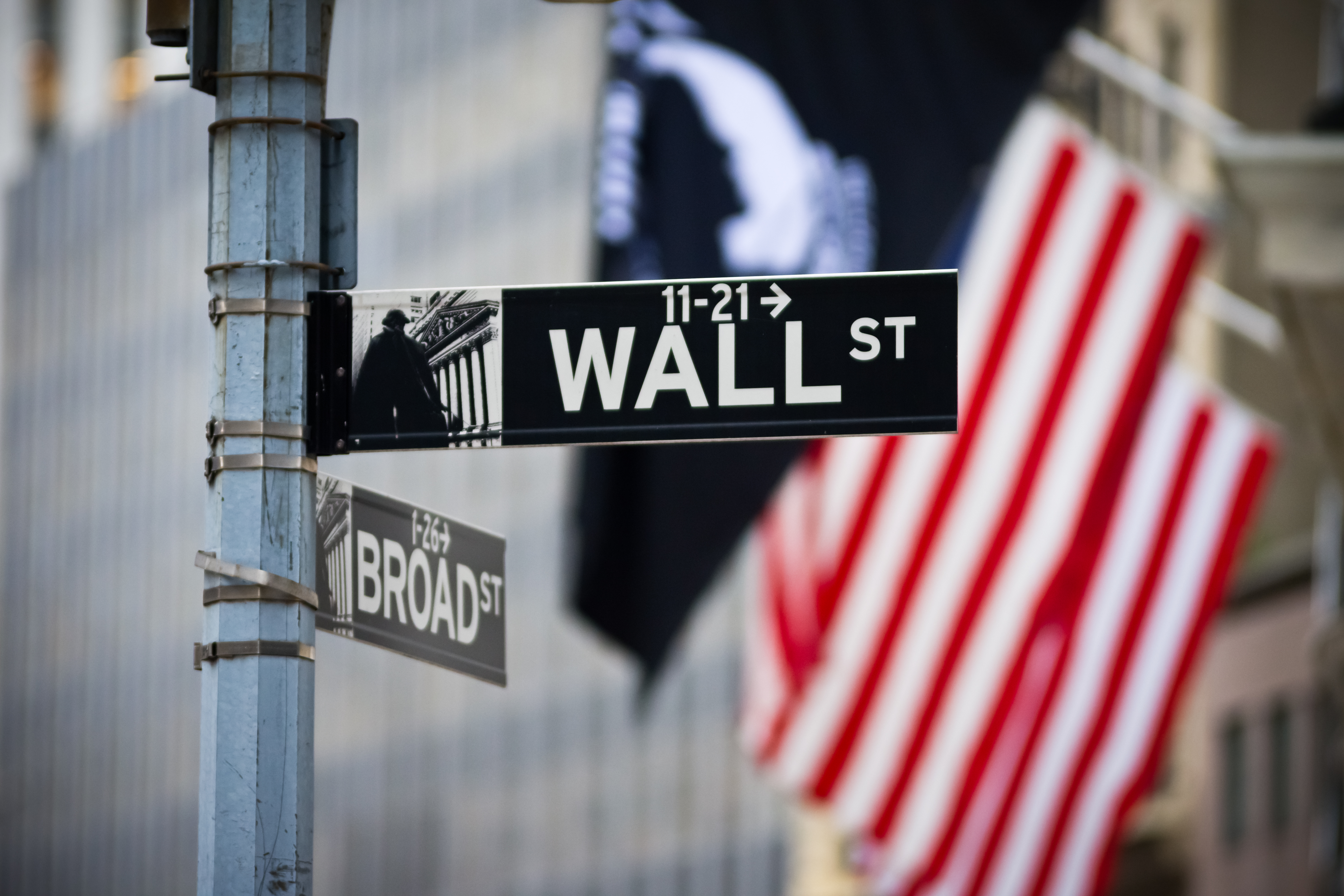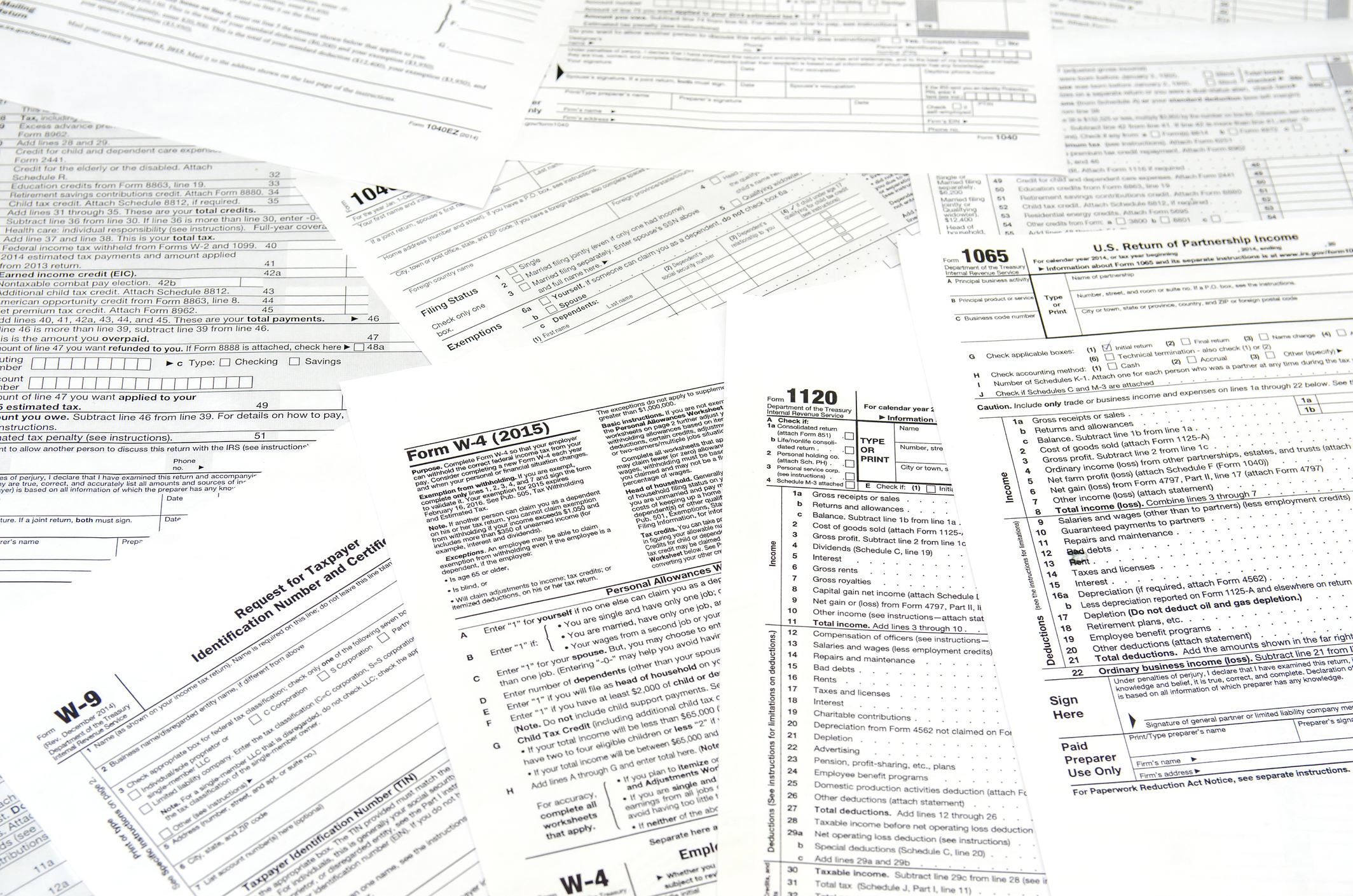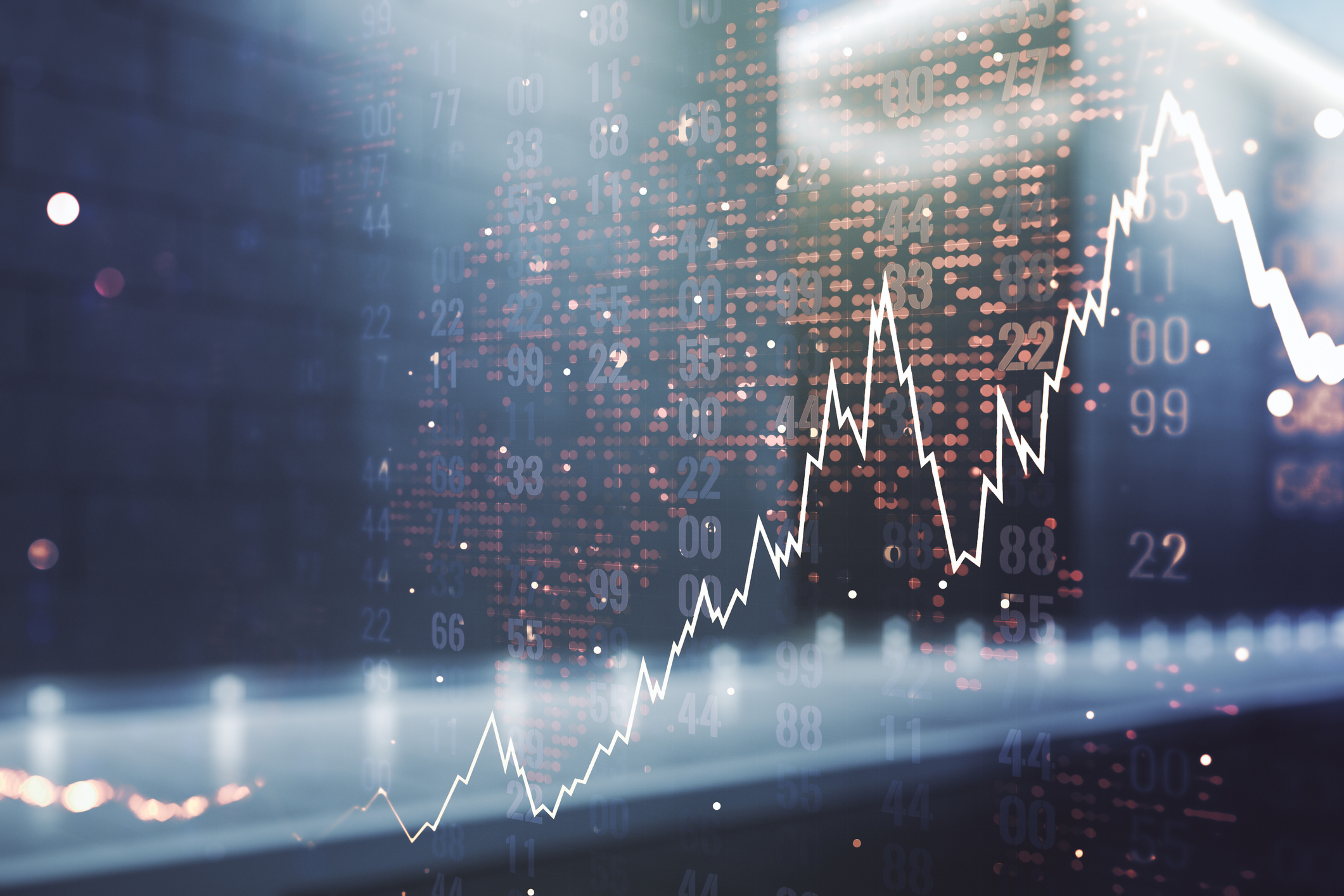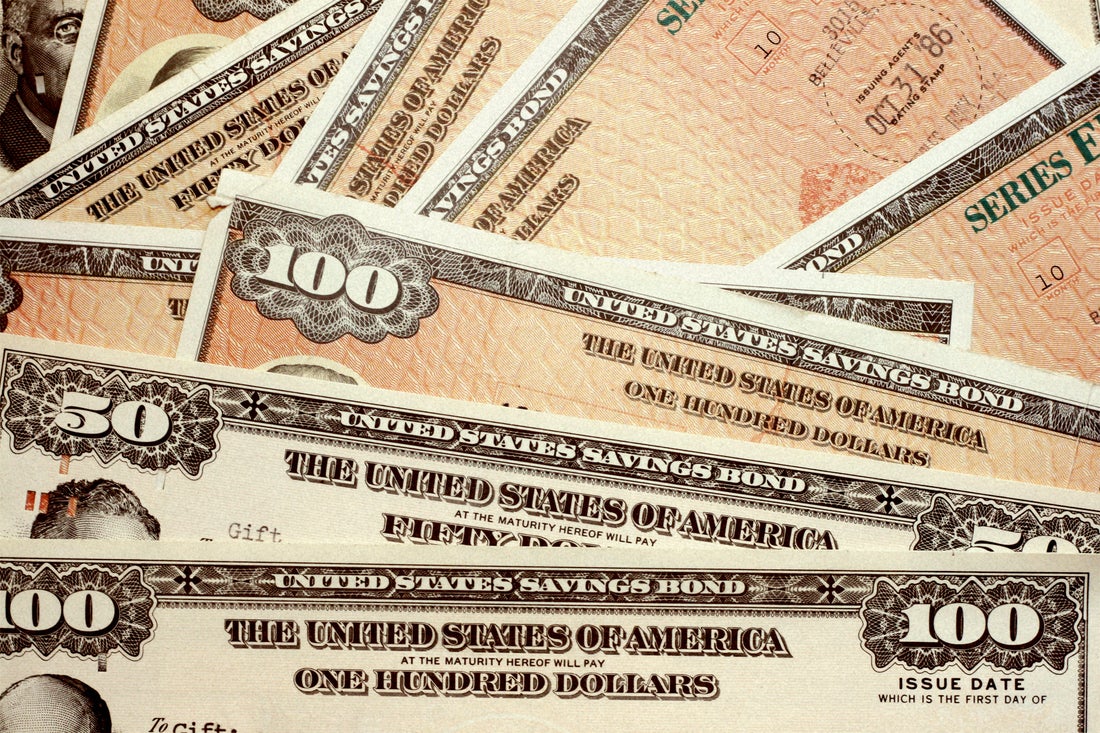Why the wealth effect matters to investors
Investors are wise to pay attention to the wealth effect.
The most important reason, of course, is that they're just as susceptible to it as anyone else. If your portfolio starts to grow rapidly without your adding any positions or doing much of anything, you may start to feel a lot more secure about your financial position in life.
However, you can fall into a trap where you end up borrowing or spending more than you should, effectively decreasing your wealth despite the raw numbers.
The other important reason, of course, is that a wider wealth effect can stimulate the economy, or crash it, depending on what's going on. You want to see more consumer spending if you own companies that rely on consumer spending to thrive, but within reason. If consumer spending goes off the rails, you can expect a drawdown to be on the way, since that simply cannot last forever.
When your stock rises and then falls, you need to decide how far it can fall before you lose faith in it. If the company is still solid, it may be able to ride out a market-wide drop in faith in the stock, but if the company itself fell prey to the wealth effect during its boom times, that's reason to reconsider your relationship with it.


